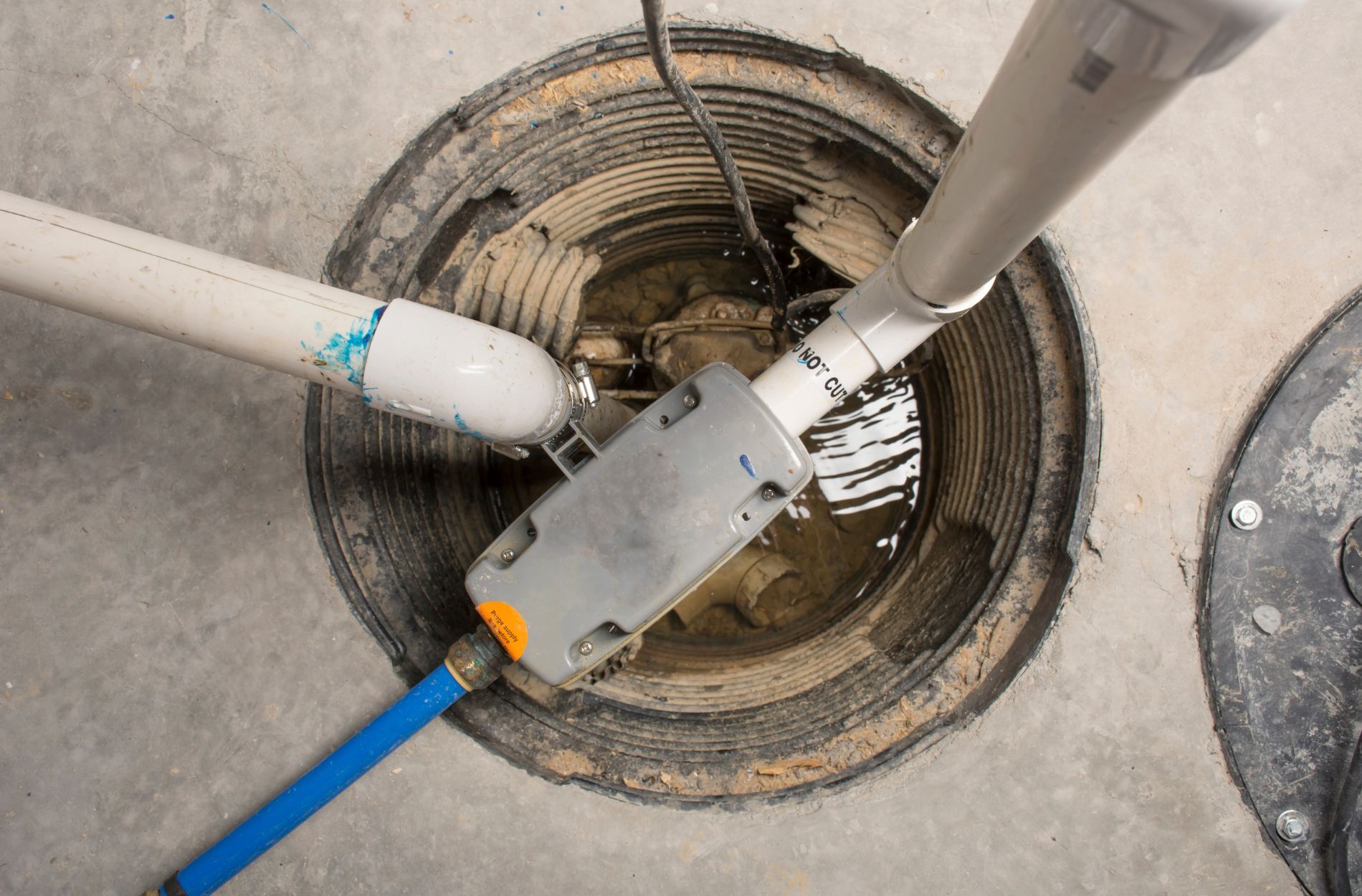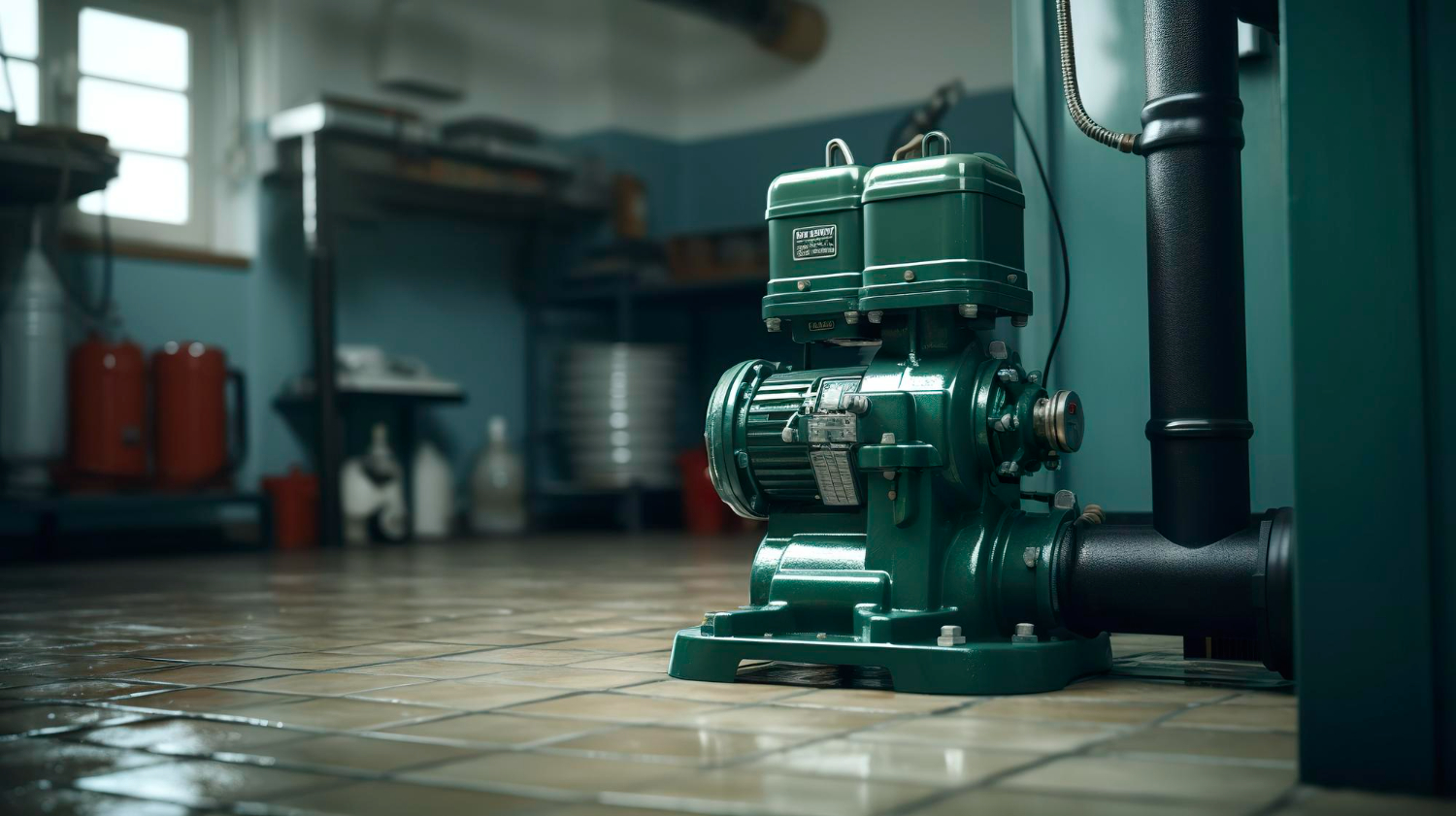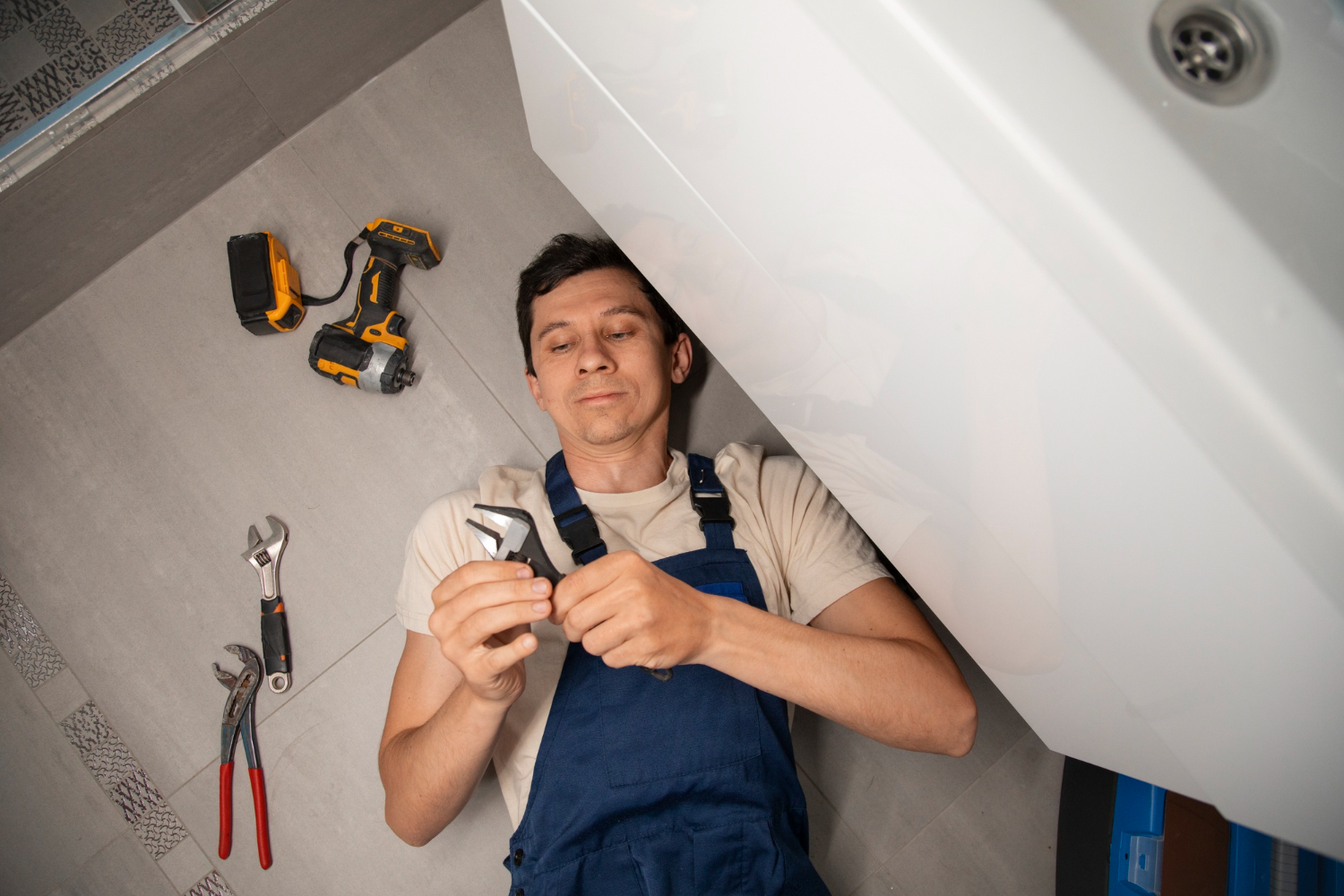A septic system is a critical part of your home’s wastewater management, especially if you live in a rural area without access to a municipal sewer system. However, maintaining a septic system can be tricky, as it requires ongoing care to function properly. Poor maintenance and bad habits can lead to costly repairs or even a full system failure. To keep your septic system problem-free, here are the key things you should avoid.
1. Flushing Non-Biodegradable Items
One of the most common mistakes homeowners make is flushing items that don’t belong in a septic system. Unlike municipal sewage systems, septic tanks rely on bacteria to break down waste, and non-biodegradable items can cause clogs or damage the system. Avoid flushing:
- Sanitary products (tampons, pads, etc.)
- Paper towels and wet wipes (even if they are labeled “flushable”)
- Condoms and diapers
- Cotton swabs and dental floss
These items don’t decompose and can quickly fill your septic tank, leading to blockages and reduced efficiency. Stick to flushing human waste and toilet paper only.
2. Pouring Grease and Oils Down the Drain
Cooking fats, oils, and grease are common culprits of septic system problems. When poured down the drain, these substances can solidify and build up in the pipes, eventually clogging the drain field or causing blockages in your septic tank. Over time, grease buildup can lead to slow drains, backups, and a need for more frequent septic pumping.
To avoid this issue, dispose of grease and oils properly by letting them cool and then discarding them in the trash. Alternatively, use a grease trap under your sink to collect fats before they enter your plumbing system.
3. Overloading the System with Water
Septic systems are designed to handle a certain amount of wastewater each day. Overloading your system with too much water can overwhelm it, preventing the solid waste in the tank from settling and breaking down properly. This may lead to untreated wastewater flowing into the drain field, potentially causing it to fail.
To avoid overloading your system:
- Stagger laundry loads throughout the week instead of doing multiple loads in one day.
- Install water-saving fixtures, such as low-flow toilets and showerheads, to reduce overall water usage.
- Fix leaky faucets and running toilets to prevent constant water flow into your septic system.
4. Using Harsh Chemicals
The bacteria in your septic tank are essential for breaking down solid waste and keeping the system running smoothly. Harsh chemicals, such as bleach, drain cleaners, and antibacterial products, can kill these beneficial bacteria, disrupting the breakdown process and leading to buildup and blockages.
Instead, opt for septic-safe cleaning products and avoid excessive use of chemical cleaners. If you need to use bleach or other strong chemicals, do so in moderation and avoid flushing large quantities down the drain.
5. Planting Trees or Shrubs Near the Septic System
While landscaping can enhance the beauty of your property, planting trees or shrubs too close to your septic system can cause major issues. Tree roots naturally seek out water sources, and your septic system, particularly the drain field, is a prime target. Over time, these roots can infiltrate and damage your septic pipes, causing blockages, leaks, and even system failure.
To prevent root intrusion, avoid planting trees or shrubs within 30 feet of your septic tank and drain field. Opt for shallow-rooted plants or grass to keep your septic system safe.
6. Ignoring Regular Maintenance
One of the biggest mistakes homeowners make is neglecting regular septic system maintenance. While your septic tank doesn’t require constant attention, it does need periodic pumping and inspection to keep it running efficiently. Ignoring maintenance can lead to overflowing tanks, clogged drain fields, and costly repairs.
Generally, septic tanks should be pumped every 3 to 5 years, depending on the size of the tank and the number of people in your household. Regular inspections by a septic professional can help identify potential issues before they become major problems.
7. Driving or Parking on the Drain Field
Your septic drain field is a sensitive part of the system designed to allow treated wastewater to filter back into the ground. Driving or parking vehicles, heavy machinery, or even placing large structures on the drain field can compact the soil, disrupt proper filtration, and cause the system to fail.
To protect the drain field, keep it free of heavy traffic and avoid placing permanent structures like sheds, patios, or above-ground pools over it.
Conclusion
Maintaining a problem-free septic system requires avoiding certain habits and behaviors that can damage its function. By being mindful of what you flush, how much water you use, and keeping chemicals and roots away from your system, you can extend the life of your septic system and avoid costly repairs. Regular maintenance, such as pumping and inspections, is also crucial in preventing serious problems. A little care and attention go a long way in keeping your septic system working smoothly.
Contact Countryside Sewer and Septic today for your septic and plumbing needs.
Flexible Financing Options
Get the service you need now pay over time with easy, affordable financing plans.

Blogs


Signs Your Antioch Sump Pump Needs Professional Attention Now


